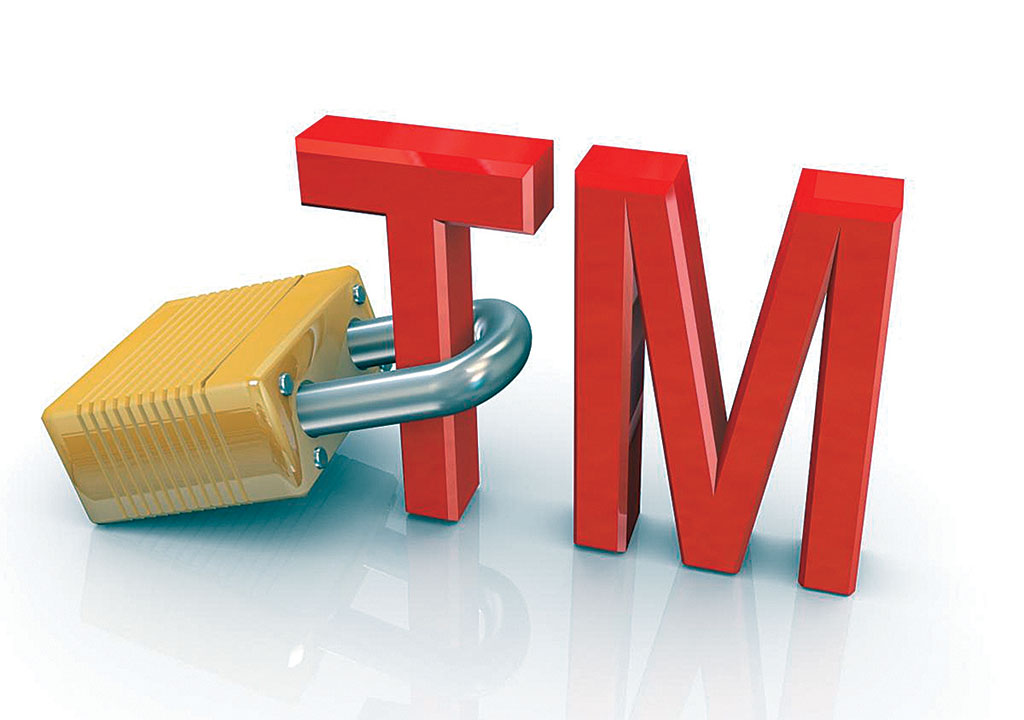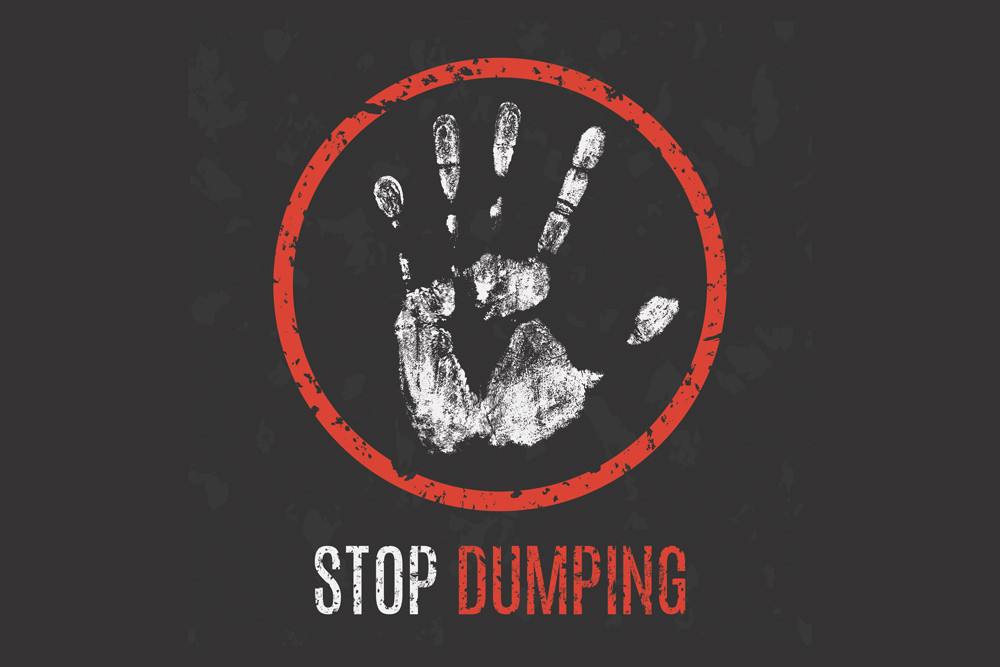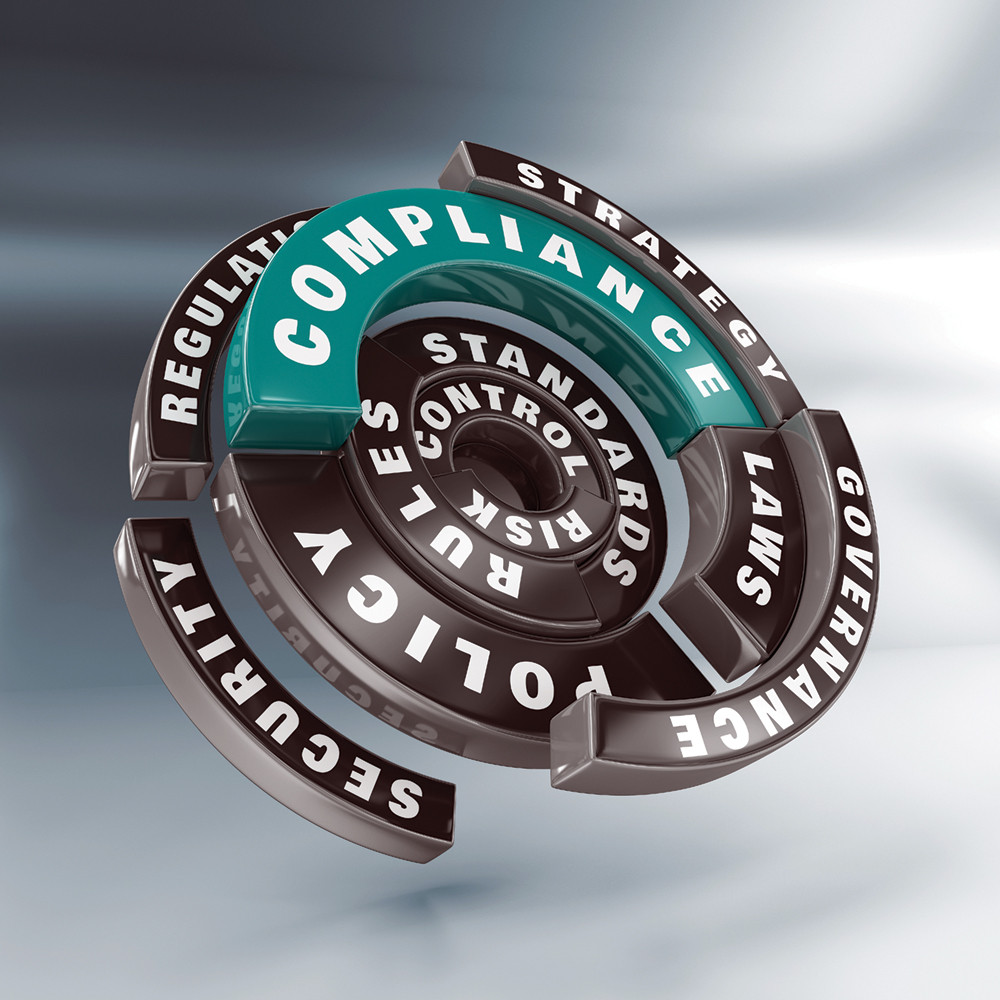
Over the last decade, the Nepali business community is undergoing a fascinating transformation. Young entrepreneurs are coming up with new and innovative ideas, slowly changing the startup scenario in Nepal. Due to the growing number of brands and companies, there is a gradual increase in awareness of the multifaceted value of trademarks. From a business perspective, trademarks is a crucial segment of brand recognition as it gives an assurance to the purchaser about the quality of products and services.
While there is no legal obligation to register your business name or brand, it is recommended to protect your mark to afford it legal protection. This protection is fundamental for a brand’s exclusivity, growth and success in the long run. In the Nepali context of intellectual property rights, even though the brand may be used for a long time, in the event the trademark is not registered, the actual owners may lose the right of a good creation to infringers who register the trademark prior in time, leaving the original creator without any financial benefit or reward.
Although trademark registration is considered as additional expense and avoided by many startups in the initial phases, it is in fact extremely critical for branding and marketing purposes. Specifically, for startups that do not hold a physical office, the value of the business resides in the brand name, and thus trademarks are extremely important for such business.
Many Nepali startups have now become famous franchises. One of the most vital elements for a franchise is a trademark. Trademarks go a long way in creating the value of a franchise system as it implies the support which the franchisee seeks to have and certify the quality goods and services being sold to be of a particular quality. Home based franchises like Dalle, Bajeko Sekuwa, Himalayan Java, etc. are slowly growing in Nepal.
In terms of legal framework, the Patent, Designs and Trademarks Act 1965, (PDTA) of Nepal is inadequate in comparison to global standards of progression and protection of intellectual property. In relation to trademark rights in particular, the Nepali law fails to bring a balance between the rights of public and private trademark holders.
The PDTA confers rights and ownership only after the registration of the marks. The ‘first to file’ rule has created practical barriers in the course of trademark protection since it gives precedence to filing instead of use.
Nepali law has yet to recognise the ‘first to use’ rule which is followed by various countries. Due to this, the infringers are registering and obtaining protection over their impugned mark before the actual holders of the mark. This is why entrepreneurs should be encouraged to register their marks in Nepal to obtain protection guaranteed by law.
Understandably, entrepreneurs are hesitant to register their trademark due to the operational issues present in our system. The lengthy registration procedures which takes around 14 months and the improper management of the trademark application files are prominent issues faced by applicants.
The main steps to register a trademark in Nepal include phases of filing, examination, publication in the IP Bulletin for opposition, publication after grant and renewal. While many countries have already adapted an e-filing system and have their whole database recorded online, Nepal is still to update its manual trademark filing. Due to this, even a minor change in the application may take up to a week of searching for the concerned file. This has caused substantial loss of time to the owners as well to the legal personnel involved in this process. Another problem faced by individuals is that there is no specific timeline for publishing the IP Bulletin, so one has to look up the website regularly to check the status of a mark or for any pre-grant/ post-grant opposition.
Although trademark registration may initially be seen as an extra cost, in the course of time, when the “mark” gains recognition in the market after a continuous period of use, an entrepreneur cannot claim exclusivity for the mark and protect his mark from infringers, without trademark rights.
Though there are a lot of hurdles in the trademark registration process in Nepal, since the brand is slowly becoming one of the most valuable assets for any business, it must be protected. Through a few judicious steps in seeking trademark protection, one can ensure that their brand is secured and flourishes with the growth of the business.





